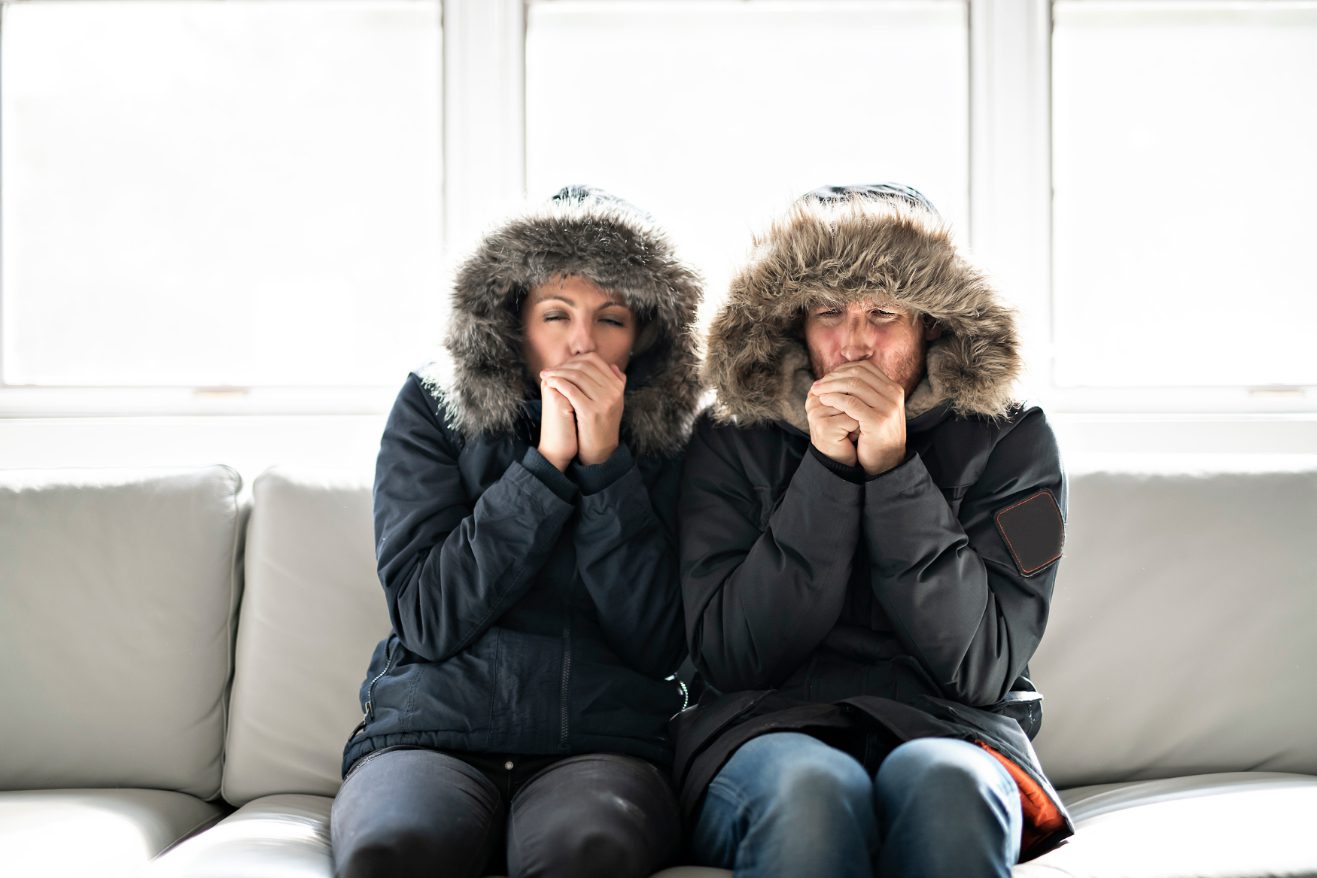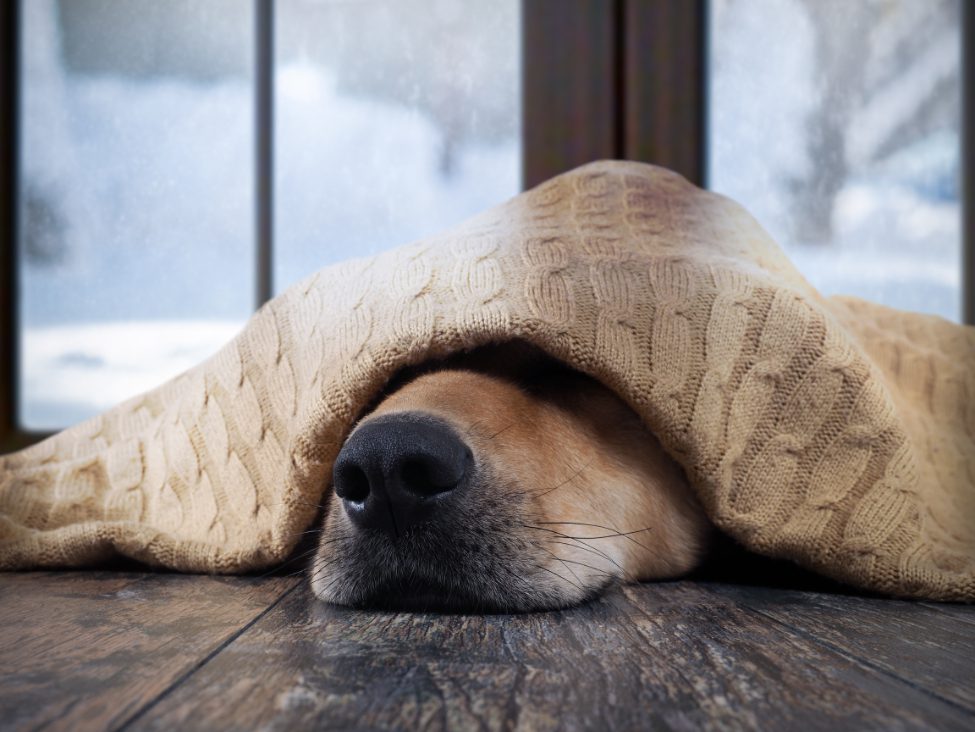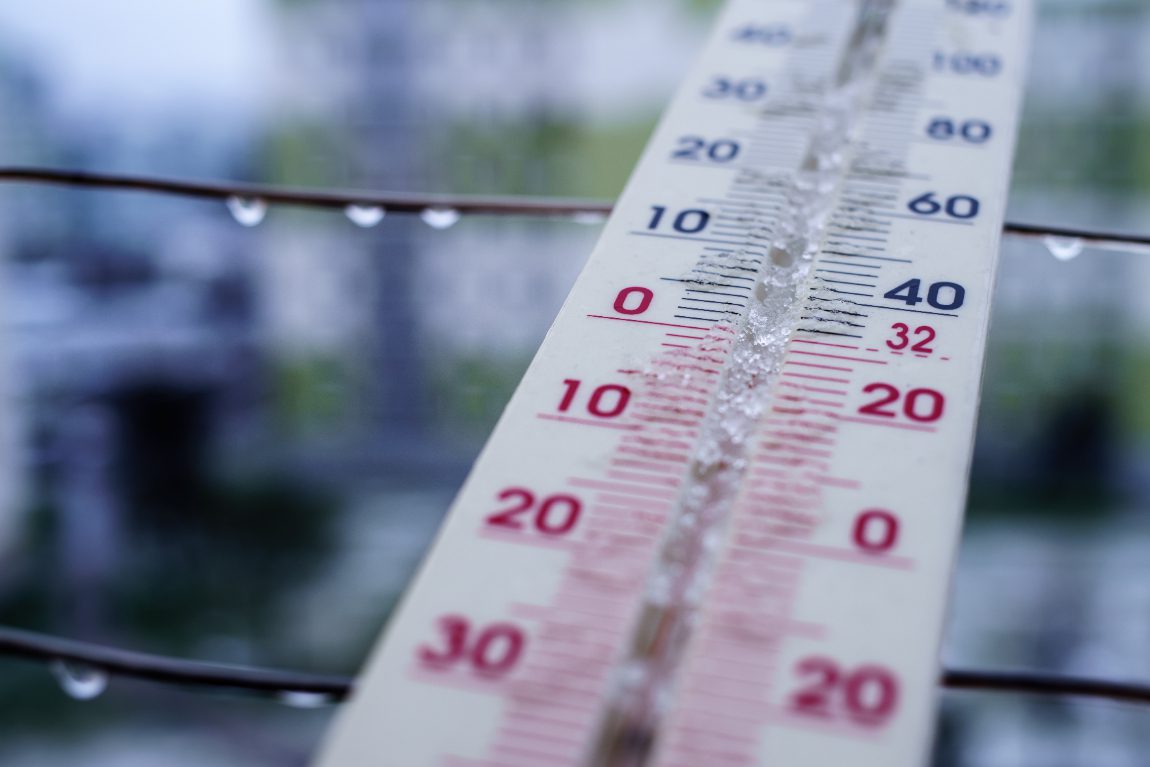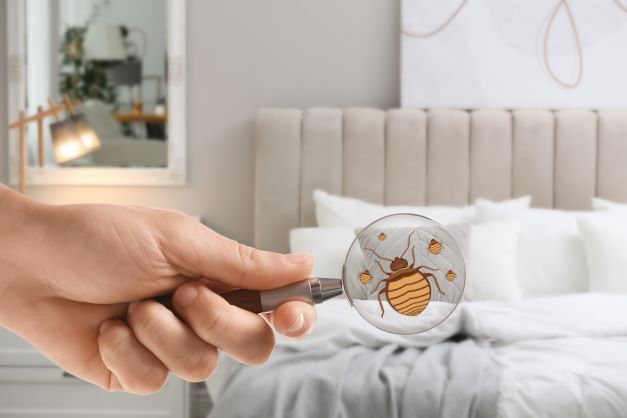Do Bed Bugs Die in Cold Weather?
Bed bugs, the notorious blood-sucking pests, have long plagued both households and travelers all around the world. Their resilience and adaptability have earned them a reputation as one of the most difficult pests to eradicate. Many people have wondered: Can the cold kill bed bugs? Understanding the biology and behavior of these pests is crucial in exploring the potential impact of cold temperatures on their survival.
What are Bed Bugs?
Bed bugs are small, wingless insects that belong to the family Cimicidae. They predominantly feed on human blood, making them ectoparasites, which are parasites that live outside their host. These reddish-brown pests are minuscule, typically measuring around 5 to 7 millimeters in length, making them adept at hiding in cracks and crevices.
The Prevalence of Bed Bugs and Their Notorious Resilience
Over the past few decades, bed bug infestations have experienced a resurgence, with reports cropping up worldwide, from urban centers to rural communities. Their resurgence can be attributed to increased international travel, resistance to insecticides, and a lack of public awareness. Bed bugs are hitchhikers, latching onto luggage, clothing, and other personal belongings, making it easy for them to spread and infest new areas rapidly.
So, Can the Cold Kill Bed Bugs?
Cold weather has been proposed as a potential natural extermination method for bed bugs. As we explore the impact of cold temperatures on these pests, we must first comprehend their biology and habits to better understand their vulnerability and whether the cold can kill bed bugs or not.
Bed Bug Life Cycle and Habits
Bed bugs undergo gradual metamorphosis, progressing through egg, nymph, and adult stages. In the egg stage, they are tiny and almost translucent, making them hard to spot. As nymphs, they resemble smaller versions of adults but lack reproductive capabilities. Once they reach adulthood, they can reproduce and continue the infestation cycle.
How Bed Bugs Feed and Reproduce
Bed bugs are nocturnal creatures, preferring to emerge at night to feed on the blood of their unsuspecting hosts. Their bites can cause itchy red welts, and although they are not known to transmit diseases, their presence can lead to stress and sleep disturbances.
The Exoskeleton and its Role in Cold Weather Survival
The exoskeleton of bed bugs serves as both an armor and a barrier. In cold weather, they have the ability to enter a state of diapause, reducing their metabolic rate and conserving energy. Their exoskeleton provides some insulation against the cold, allowing them to endure freezing temperatures for extended periods. So while the initial cold won’t kill bed bugs, there are temperatures that affect their lifestyle.
The Impact of Cold Temperatures on Bed Bugs
Researchers have extensively studied the effects of cold temperatures on bed bugs to understand the potential for using freezing conditions as a means of extermination. These studies have shed light on the specific temperature thresholds that can impact their survival.
The Temperature Threshold for Bed Bug Survival
Bed bugs are remarkably resilient, but they do have their limits. Studies have shown that exposure to temperatures below -18 degrees Celsius (0 degrees Fahrenheit) for a prolonged period can be lethal to adult bed bugs. This type of cold will kill bed bugs before they have a chance to do any damage.
How Long can Bed Bugs Endure Extreme cold?
The duration for which bed bugs can survive in cold temperatures depends on various factors, including the life stage of the bed bug, the severity of the cold, and their access to shelter. Adult bed bugs generally have a better chance of surviving extreme cold compared to nymphs and eggs. Almost any cold will kill bed bug eggs if exposed.
Preventing Bed Bug Infestations in Cold Climates
 In cold climates, bed bugs can find their way into homes through various entry points, such as cracks, crevices, and gaps around windows and doors. Sealing these entry points and using bed bug-proof encasements for mattresses and box springs can help prevent infestations. If the initial cold doesn’t kill bed bugs, they will seek shelter where they will likely become an infestation.
In cold climates, bed bugs can find their way into homes through various entry points, such as cracks, crevices, and gaps around windows and doors. Sealing these entry points and using bed bug-proof encasements for mattresses and box springs can help prevent infestations. If the initial cold doesn’t kill bed bugs, they will seek shelter where they will likely become an infestation.
How to Spot Early Signs of Infestation
Early detection is vital in controlling bed bug infestations. Look out for signs such as small reddish-brown fecal stains on bedding, shed exoskeletons, and clusters of itchy bites on your skin.
How Effectively Does Cold Kill Bed Bugs?
Cold weather does have the potential to eliminate bed bugs, but it’s not a guaranteed solution. Understanding the biology of these pests and their ability to survive in freezing temperatures is essential to exterminating and preventing them.
While cold can kill bed bugs in certain cases, professional cold treatments, combined with other approaches like bed bug heat treatment and integrated pest management, offer a more comprehensive approach to eradicating bed bug infestations effectively. Early detection and proactive prevention measures remain crucial in any weather conditions to keep these resilient pests at bay.
Grill Those Bed Bugs at Bed Bug Barbeque
More effective than waiting for cold to kill bed bugs is our bed bug heat treatment. Bed Bug Barbeque will guarantee the eradication of your bed bug infestation. Visit our website or call (216) 221-1227 today to get started!







